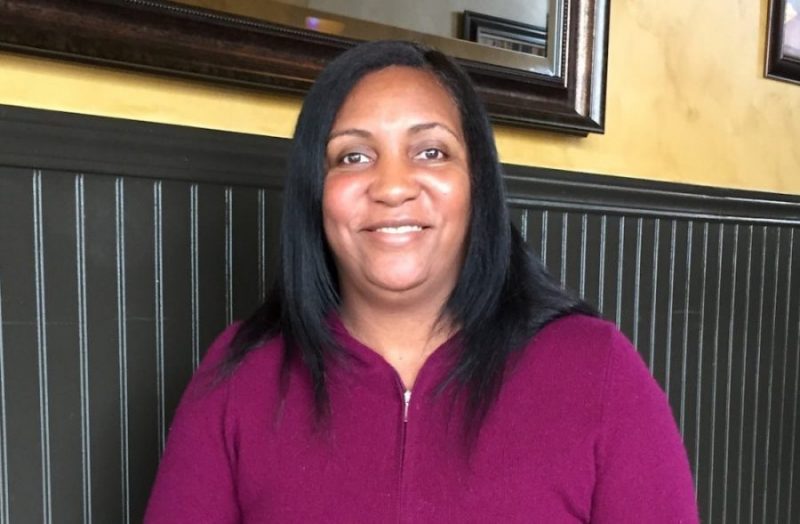When Terri’s cancer diagnosis came, she had family support and a financial cushion. But none of that proved quite enough to last through two years of treatment and three surgeries. Despite her years of hard work, one bout of seriously bad luck left Terri worried about her family’s future.
In 2013, Terri learned she had cancer in both breasts. A month later, she had a lumpectomy and eventually a double mastectomy. In total, Terri has needed to take three separate medical leaves from work to deal with her cancer.
“It was the worst experience of my life,” Terri told Washington Work and Family Coalition.
Terri has worked for a major retailer for 14 years. She felt lucky to have her job protected through the Federal Family and Medical Leave Act, which covers employees in companies with 50 or more employees, who have worked with the same employer at least a year and for enough hours. She had also purchased short term disability insurance. This meant she would have some income to keep her family afloat while she recovered from surgery and have a job to go back to after the ordeal.
But disability insurance did not fully cover her wages—and it left her particularly short when she had to go back for a second surgery. Coordinating all the paperwork with her medical team, HR department, and the separate disability plan provider also proved complicated. It never seemed like they were on her side.
“It was such a hassle that I didn’t need. I kept getting certified letters from the HR department saying they had not received the doctor’s letters… I’m the face of their company; I don’t call in sick unless I have a legitimate reason. I should be rewarded for being a decent employee.”
To add more stress, her health insurance did not fully cover medical expenses and bills began to pile up. With limited options, Terri decided to tap into her 401K. Despite spending most of her retirement savings, she still has unpaid medical bills that keep her and her family underwater. Even her strong family started feeling shaky.
“Money problems are hard on a marriage,” Terri said.
If Washington had paid family and medical leave, Terri would have had stable income throughout her cancer treatments – without nearly exhausting her retirement account. Her husband could have taken leave to help care for her. She would have had less stress, meaning faster healing, better morale when she returned to work, and less strain on her family.
It’s time to bring paid family and medical leave to Washington workers.
Learn more about paid family and medical leave on the Washington Work and Family Coalition website.
